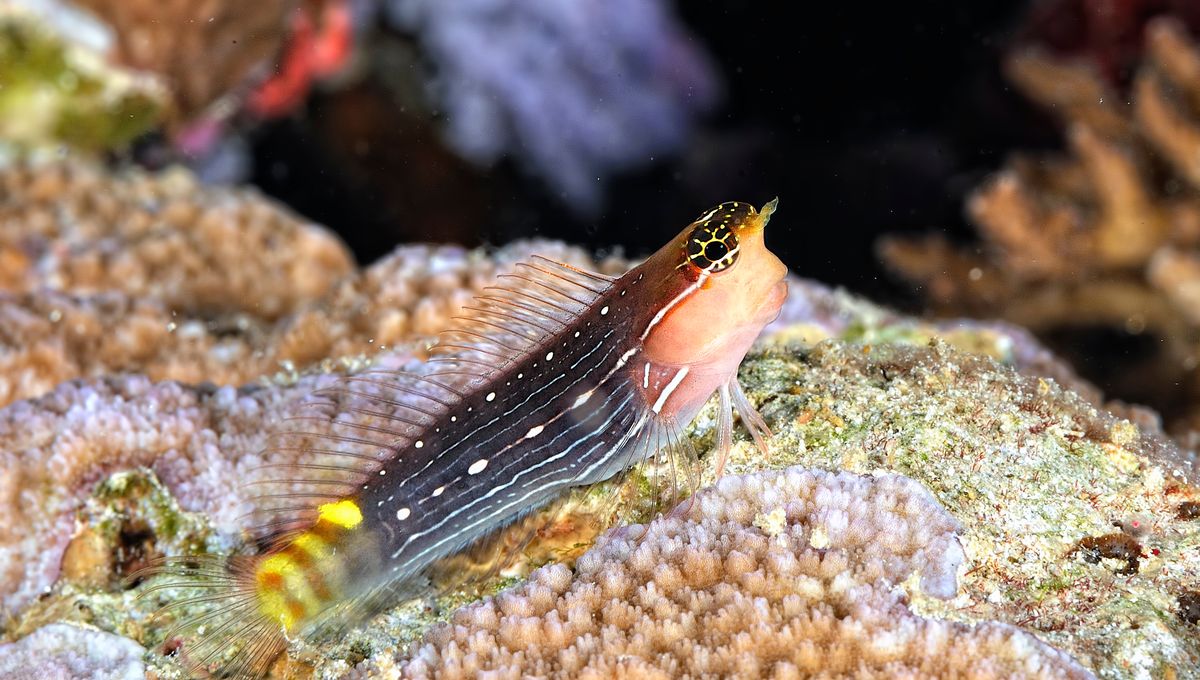
They say out of sight is out of mind, and there’s no greater proof of that than the world’s oceans. A new study illustrates this in a particularly grim way, showing through the application of artificial intelligence (AI) models that we’ve drastically undercounted the threat of extinction to marine species – and the true figure is likely more than five times what we previously thought.
When you hear a species being described as “threatened”, “vulnerable” or even “critically endangered”, that’s a reference to a specific list, produced by a single body: the IUCN, or the International Union for Conservation of Nature. Founded in 1948, this organization has for decades been the global authority on data concerning the natural world – and, ever since 1964, it has put that information to use by compiling its Red List of Threatened Species.
It’s this “Red List” that defines where on the spectrum of existential safety various species fall – anywhere between “least concern” and “extinct”. But to properly classify a species, the IUCN needs a certain minimum amount of data – and when it comes to marine life, that data is sorely lacking.
Currently, there are nearly 5,000 species of marine fish – almost two in every five that we know of – which are considered “data deficient”, and therefore have no official conservation status. And no official conservation status – no protection from human exploits. Bad news for fish.
But just because we don’t know exactly which species need our help, doesn’t mean we can’t figure anything out. By combining a machine learning model with an artificial neural network, researchers from the University of Montpellier, France, were able to predict which of these data deficient species were at a particular risk of extinction.
It wasn’t good.
“Our analysis of 13,195 marine fish species reveals that the extinction risk is significantly higher than the IUCN’s initial estimates,” said Nicolas Loiseau, a researcher at Montpellier’s MARBEC (Marine Biodiversity, Exploitation and Conservation) Unit and first author of the paper, in a statement.
Indeed, the reassessment saw the proportion of marine fish at risk of extinction “rising from 2.5 percent to 12.7 percent,” he explained – an increase by a factor of more than five.
Not only were more species highlighted by the AI as being vulnerable, but the team also saw “a marked change in conservation priority ranking after species IUCN predictions,” the team noted in a new paper describing the findings.
Particularly at risk were any species with a small geographic range, large body size, and low growth rate – as well as species that live in shallow habitats. Geographically, the team “found that the major changes in high ranking were at low (<30>50°),” the paper reports, “corresponding to temperate and polar climatic zones for which species richness is the lowest, as well as in Pacific islands.”
The research stands not only as a stark reminder of the precarious state of biodiversity, but also as a taster of the changing role AI can play in conservation efforts.
While the team notes that “models will never replace a direct evaluation of species extinction risk based on empirical robust data,” they believe that machine learning can provide “a unique opportunity to provide a rapid, extensive, and cost-effective evaluation of extinction status while also pointing out the species on which data collection and conservation efforts should be prioritized.”
It’s no surprise, then, that the IUCN may start involving these kinds of modeling techniques more often in the future – perhaps even creating a new classification for species picked out by AI.
“We propose to incorporate recent advancements in forecasting species extinction risks into a new synthetic index called ‘predicted IUCN status,’” said Loiseau. “This index can serve as a valuable complement to the current ‘measured IUCN status.'”
The study is published in the journal PLoS Biology.
Source Link: Major Fish-stinction Ahead? AI Finds 5 Times More Species At Risk Than Previously Thought